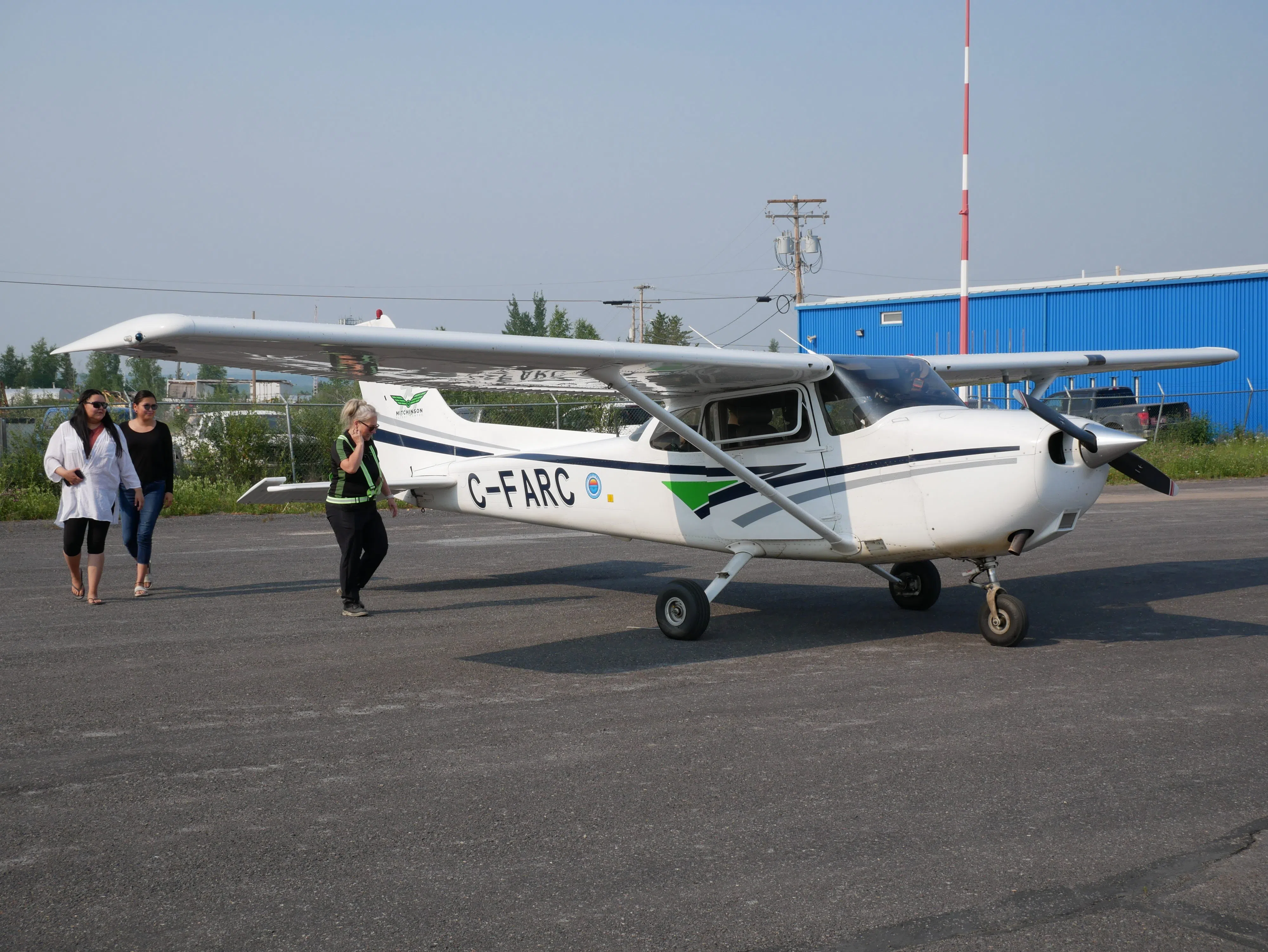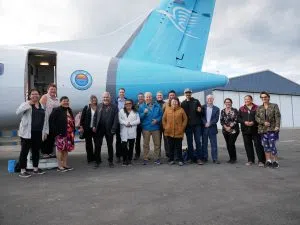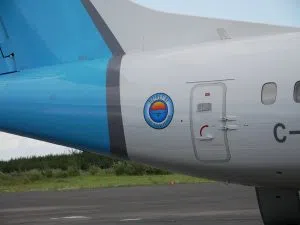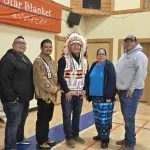
Northern pilot program is working to launch lifelong aviation careers
In the new year, 10 individuals will not only have the opportunity of a lifetime, but the chance to better their home communities.
The Dziret’ái Pilot Training program is a new initiative created to help empower Indigenous residents and women in Saskatchewan’s Athabasca Basin.
The program will admit fifteen successful applicants into the Elevated Skills Program, a fully funded skills and upgrading component running from mid-September to December. Once completed, 10 students will be selected to enter the pilot training program starting in January 2025.
“There’s an opportunity to tap into the talent and willingness and enthusiasm of the Indigenous community [and] to be the support that builds the future together,” said Dan Gold, Director of Communications and Stakeholder Relations as Rise Air. “We want to embrace the talent of the community to train and be the future of the pilots, and other areas of the aviation industry, here in Saskatchewan.”



